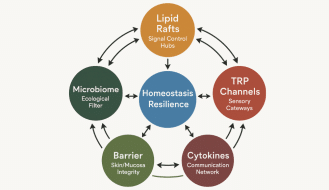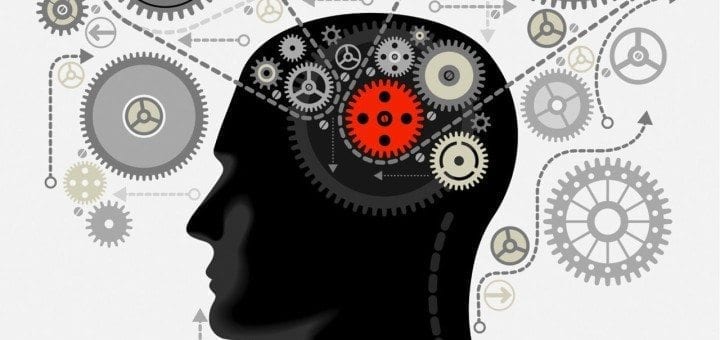Facing the Nutritional Challenges of Dementia
Reading the newspaper last week, a headline caught my eye: “Dementia-related diseases are causing more deaths than heart attacks in Sweden.”
The rest of the article discussed a new study, which showed that dementia-related diseases are increasingly affecting the older Swedish population. Meanwhile, the rate of heart attacks and cancer-related deaths are declining or stagnating. (1)
It’s an interesting trend, considering that Sweden has one of the world’s leading health care systems. Researchers speculate that the growing dementia problem may be the result of physicians focusing primarily on cardiovascular disease treatment, while sometimes forgetting about the brain.
Improving Brain Health through Nutrition
The older we get, the greater the risk for cognitive decline. Studies show that early intervention is crucial to preventing dementia. But most of all, improving lifestyle yields the best return when it comes to preventing brain decline. It’s not surprising to see that in a recent survey of 100-year-olds divulging their secrets to maintaining good health and longevity, the most common advice was stay active, exercise, eat healthily, and don’t smoke. (2)
From a medical viewpoint, I expect future research to especially focus on how certain nutrients can have a positive effect on both blood flow to the brain and the transmission of signals between brain cells.

Already today, we know that omega-3 fish oil can increase blood flow to the brain. Other foods, including green tea and the cocoa found in dark chocolate, also seem to act as crucial brain cell nutrients. But while nutrition can make significant difference in staving off cognitive decline, almost all clinical trials on dementia treatment have found that patients need intervention before the disease reaches a certain stage. This makes sense, since only live cells can be stimulated. (3)
Another avenue of brain research will be related to measuring the effect of nutrition on complex problem solving. We have already seen studies showing that clinical dosages of fish oil improve people’s ability to solve mentally challenging problems and increase their cognitive flexibilities. (4)
Malnutrition Problems with the Elderly
Family members and caretakers of older people should be aware that most mental decline comes gradually. One of the first warning signs is skipping meals or eating a nutrient-deficient diet. Unfortunately, poor eating habits only spur the negative development for cognitive functions, taking away the fuel for optimal brain functioning.
While older people need fewer calories than they did in younger years, the quality of the diet cannot be compromised. When people fail to eat healthy, they are putting their brain at significant risk.
Omega3 Innovations’ Mission
As co-founder of Omega3 Innovations, I’ve always advocated that fresh, wholesome food is better for your health than popping pills or relying on the unproven medical claims of new substances from the Amazons. Cod liver oil, oats, fruits and vegetables have been linked to good health and general well being for generations. All we have done is to mix the ingredients together to create delicious-tasting breakfasts, travel meals and snacks.
Our hope is that both young and old will enjoy consuming products that are both delicious and convenient – and as a result, keep their brains healthy and active throughout life.
References:
1. Örstadius, Kristoffer. “Fler Overlever Hjärtsjukdomar.” Dagens Nyheter. December 30, 2012.
2. Reaney, Patricia. “How to Live to 100: Lifestyle Choices Vie with Genetics in Longevity.” Reuters. June 7, 2012.
3. Massachusetts Institute of Technology. “Nutrient mixture improves memory in patients with early Alzheimer’s.” ScienceDaily, 10 Jul. 2012.
4. Huber, B. Rose. Omega-3 Intake Heightens Working Memory in Healthy Young Adults. University of Pittsburgh News & Media Relations. October 25, 2012.
Popular posts



Related posts






